
Netflix's I Care a Lot is the most recent entry into the rich history of great films about horrible people doing awful things. In films like these, the main character is not a good guy by any stretch of the imagination, but their stories are compelling to the very end.
Whether the main character is an irredeemable thief or an evil murderer, films like these prove that the main character doesn't always need to be someone the audience can identify with. Bad guys need stories too, and they often are enthralling to watch, like Marla's story in I Care a Lot. After watching her exploitations, here are nine other films where the bad guys get their time in the limelight.
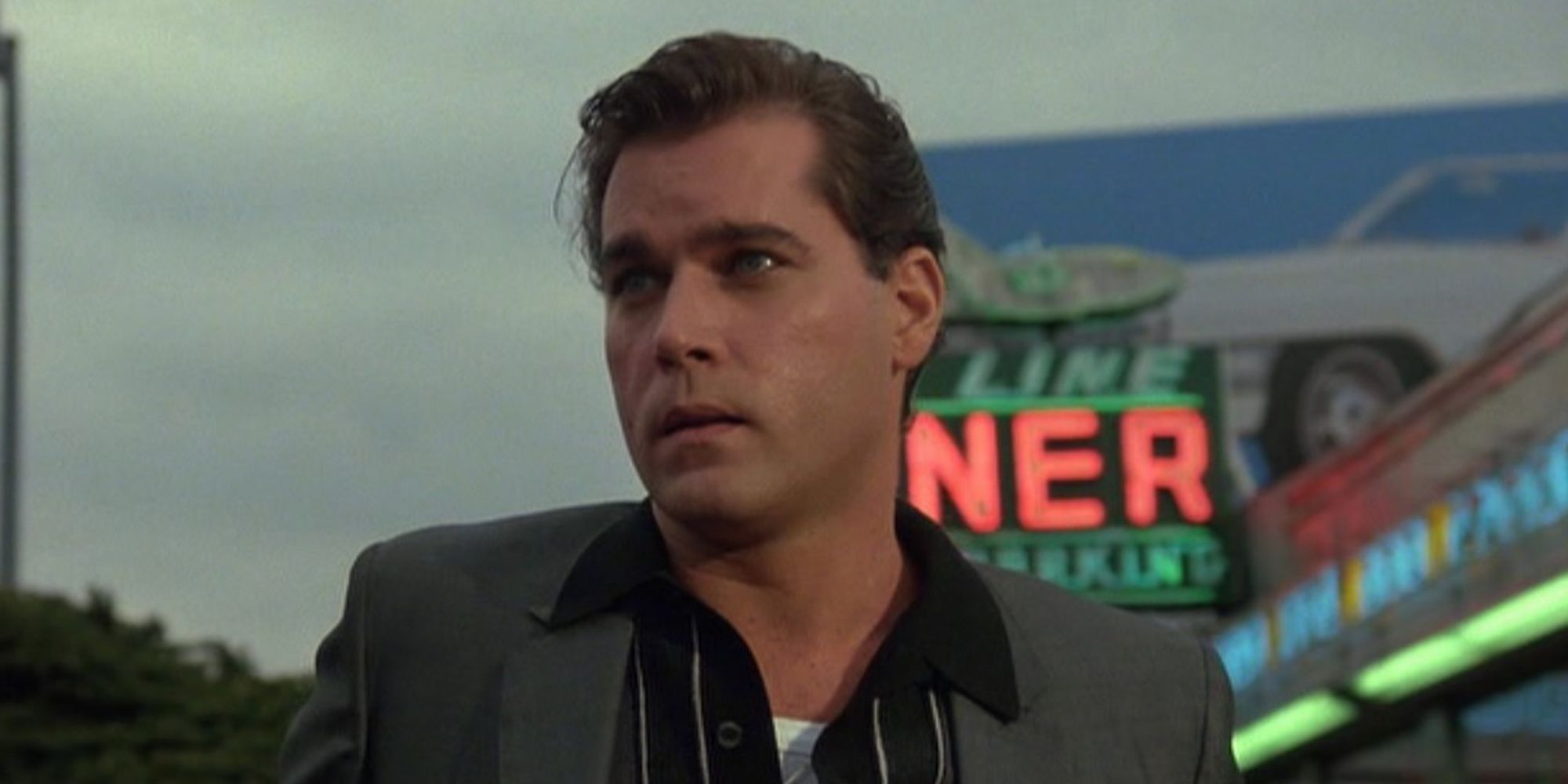
Basically any Martin Scorsese film, with the exception of Hugo, features a corrupt cast of characters that ruthlessly engage in criminal activity to get ahead in life. One of Scorsese's best is Goodfellas, following the real life events of New York mobster Henry Hill. Henry and his fellow mob associates, Jimmy Conway and Tommy, cheat, kill and rob their way through the 1960s and '70s in a vivid fever dream of violence and luxurious living. The vile acts they commit are atrocious, but Scorsese uses the decadent life organized crime affords them to disarm the viewer and fully immerse them in the lifestyle.
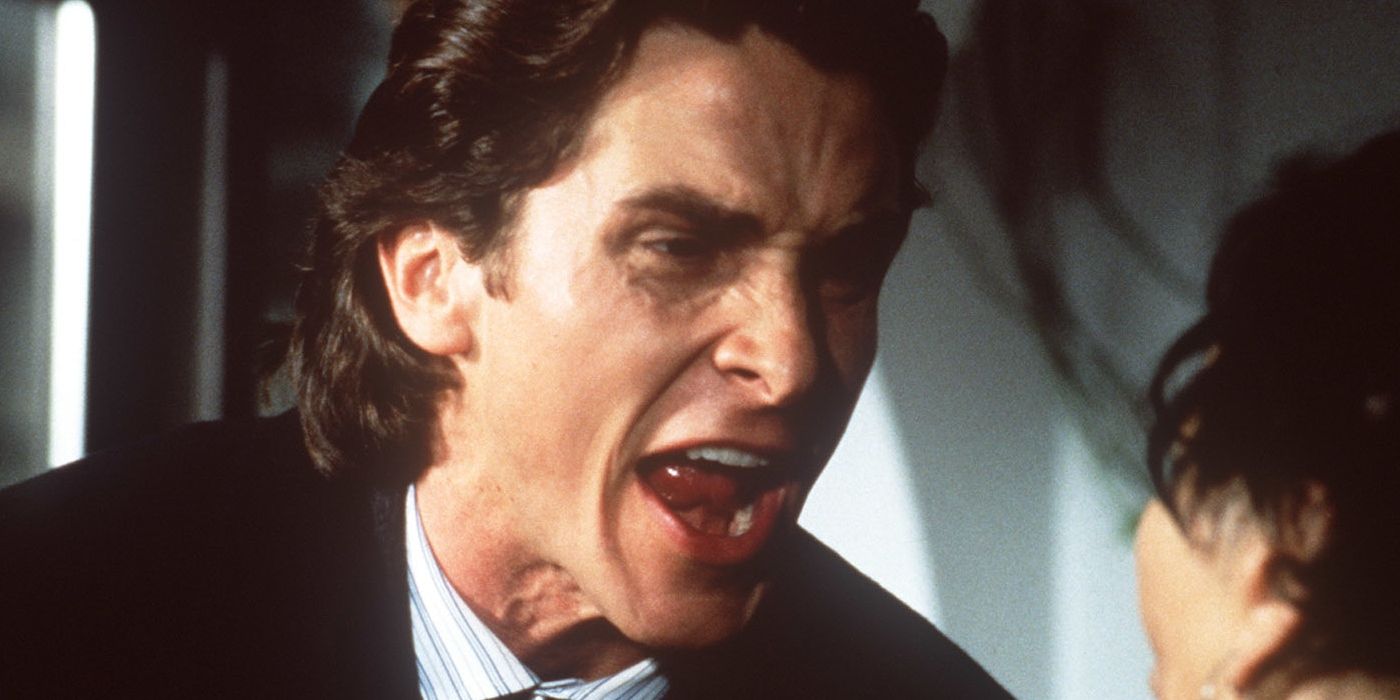
Part slasher film, part pitch black comedy, American Psycho centers around Patrick Bateman, an austere banker climbing the corporate ladder and moonlighting as a sadistic serial killer. Bateman is utterly maniacal, yet fascinating to watch, as he devolves into his own delirium and questions if his killings are even real. There are no redeeming qualities in Bateman, but the film is a disturbing portrayal of a troubled male psyche in a constraining society of appearances.
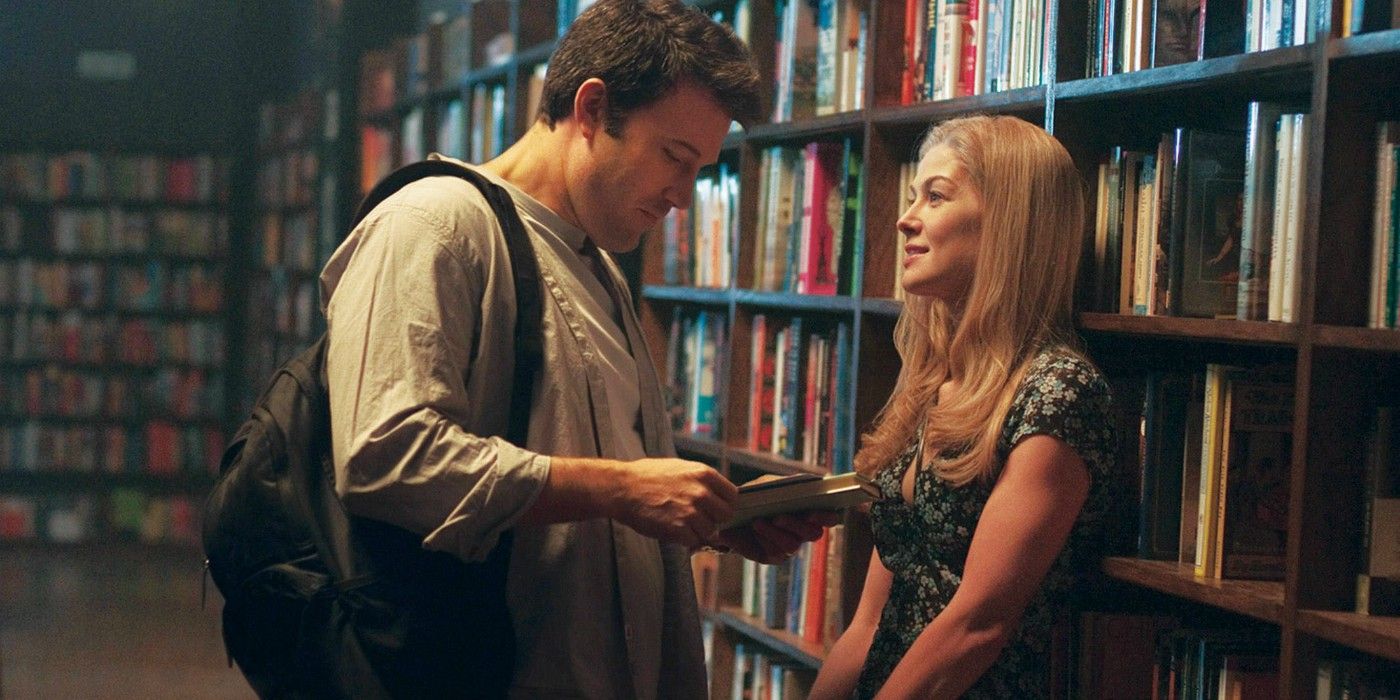
Also starring Rosamund Pike from I Care a Lot, Gone Girl is a psychological thriller about a wife who frames her husband for her apparent murder. While the husband, Nic, may seem like the protagonist, Pike is the star of the film. With a subdued viciousness, Pike is an unnerving villain capable of heinous acts, from brutally murdering someone to using a child to trap Nic in the marriage. It's a devilish film, where watching someone get what they want using unscrupulous means has never felt so good.
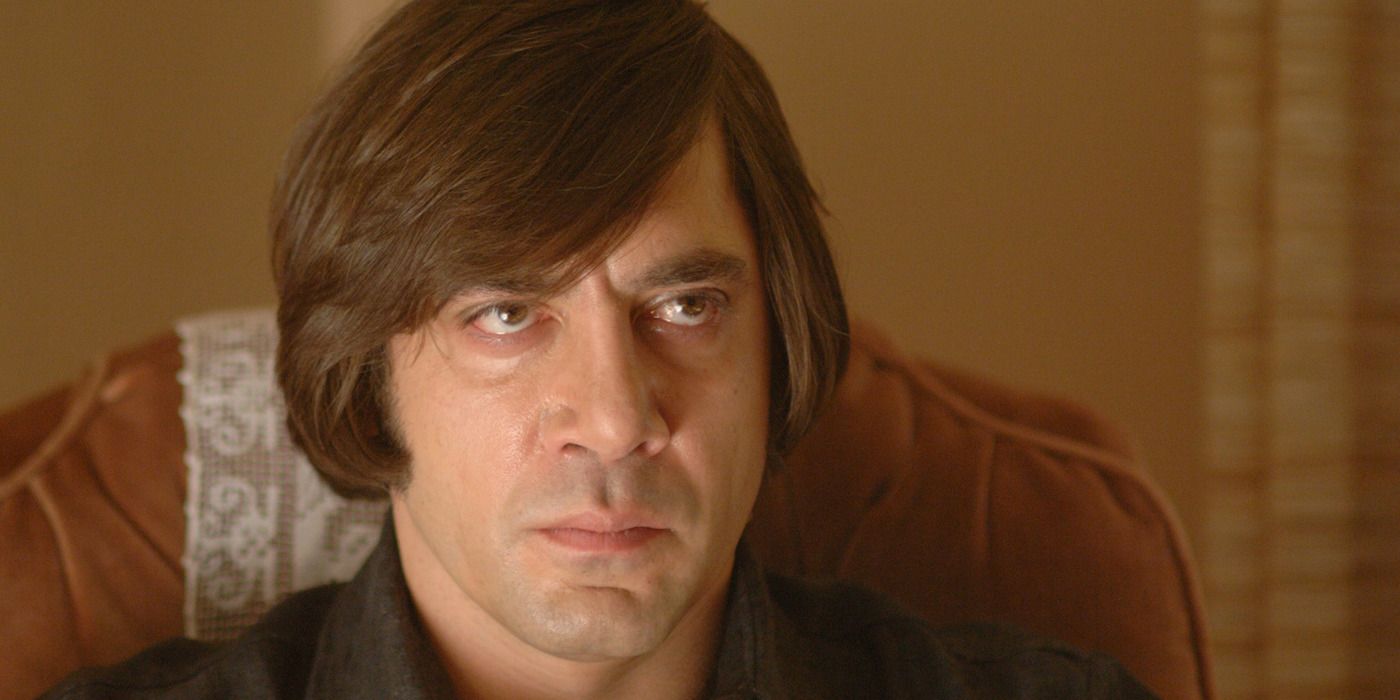
Another film that features a good guy who is overshadowed by an obscene villain is No Country for Old Men, starring Javier Bardem as a hitman with a penchant for playing with his victims and Tommy Lee Jones as the steadfast sheriff tracking him down. Bardem's hitman mixes stone-faced immorality with a tinge of humor, as he often taunts his victims with a coin toss to determine if they live or die. The unadulterated portrayal of violence is reminiscent of classic Western director Sam Peckinpah, making No Country for Old Men a tense crime thriller with an ending where the good guys don't always win.
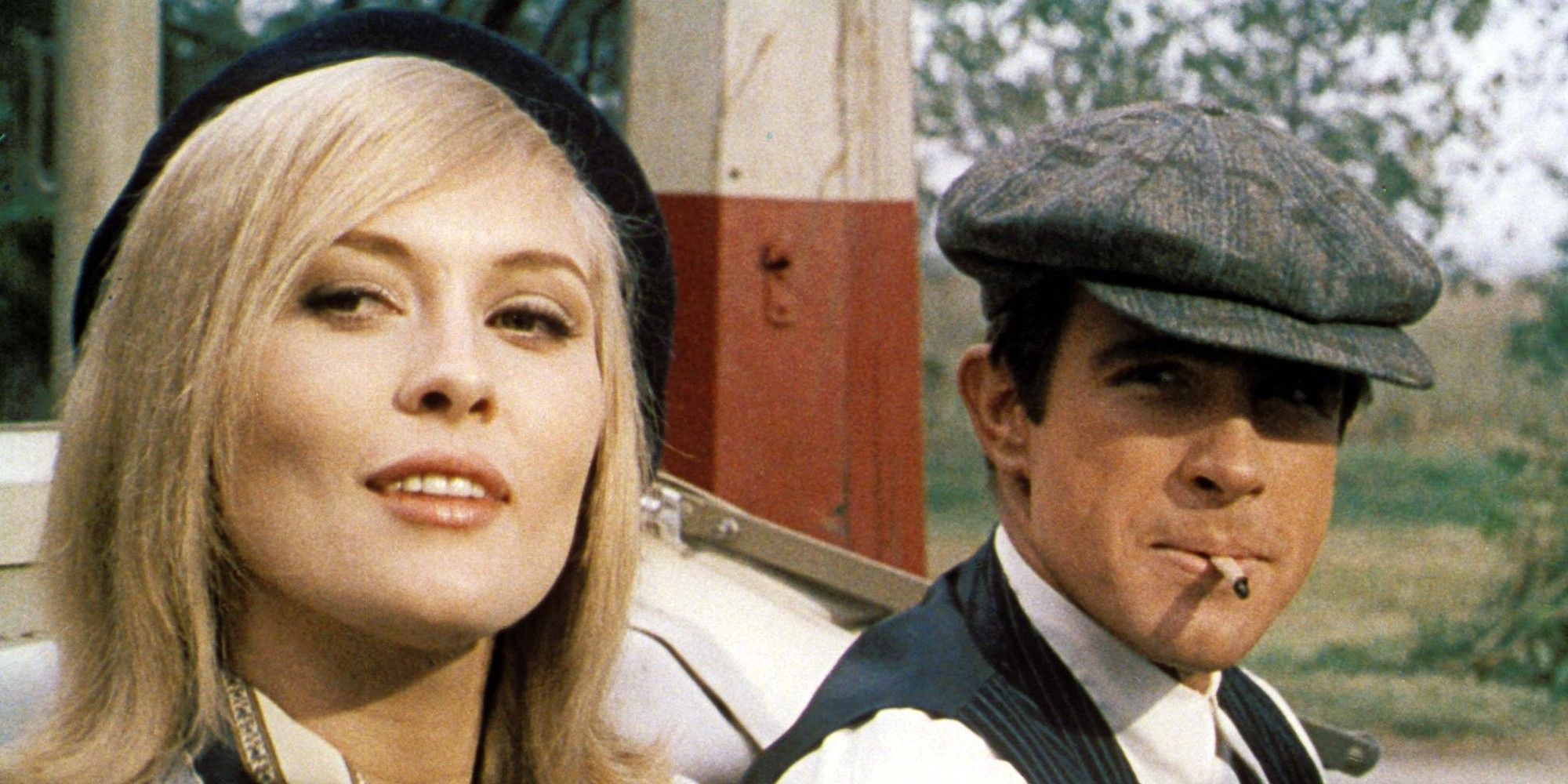
The ultimate classic crime duo is immortalized in the 1967 classic, Bonnie and Clyde. Faye Dunaway and Warren Beatty bring to life the robbers and lovers that ransacked the American West and almost got the audience to root for them in the process. Bonnie and Clyde is a landmark film for its time since it made criminals the main characters, and they were sympathetic; although, they had to be gunned down in the end to reinforce the supremacy of the law. Still, the violence and immorality presented is a rollicking ride and a daring statement against capitalism.
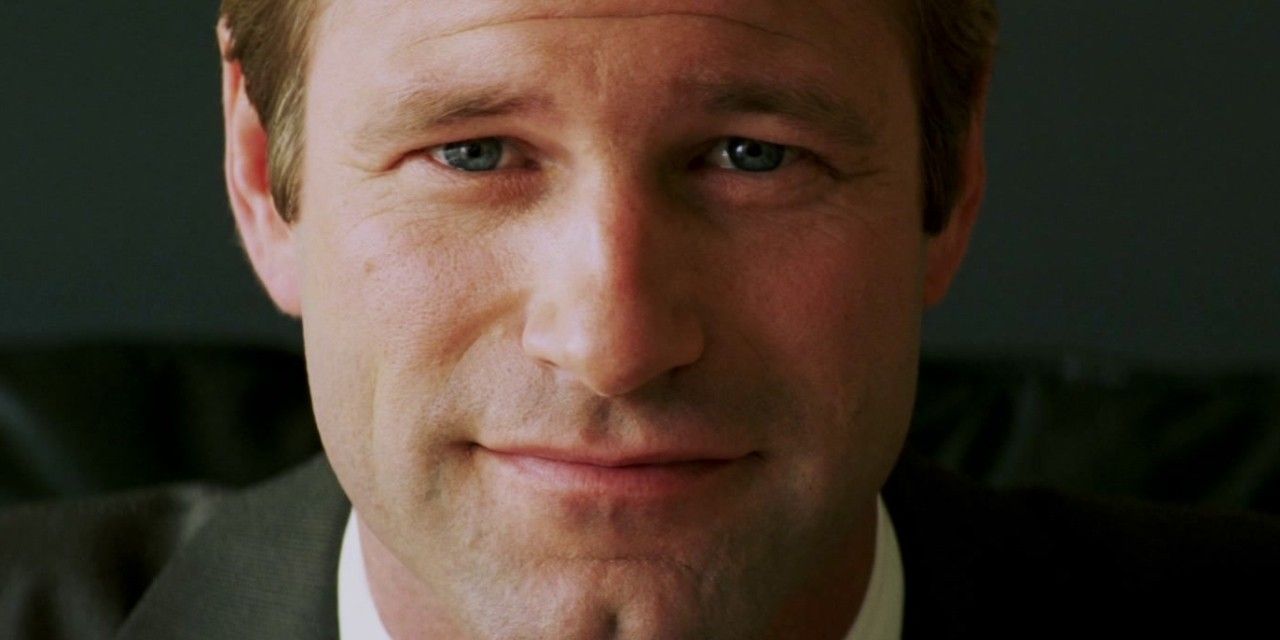
Thank You for Smoking is a satirical black comedy about a Big Tobacco spokesman, Nic Naylor, whose job it is to defend the reputation of cigarettes and influence tobacco lobbying groups. Nic even makes jokes about the depraved nature of his job, since he has to convince America that cigarettes are safe enough for public consumption. The film is a darkly comical, clever look at the inherently corrupt intersection of politics and the economy, as Nic engages in some truly reprehensible behavior that America surprisingly embraces.

Another Scorsese film that dramatizes the rise and downfall of a corrupt individual in grandiose fashion is The Wolf of Wall Street. Leonardo DiCaprio gives a stellar performance as Jordan Belfast, who engages in morally questionable '80s stockbroker culture, such as hard drug use and perverse sexual acts, as well as legitimately illegal stock exchange schemes. Nevertheless, Belfast is a charismatic and depraved character who makes for an incredibly gripping story about the fast-paced, loose-moral life of white collar crime.
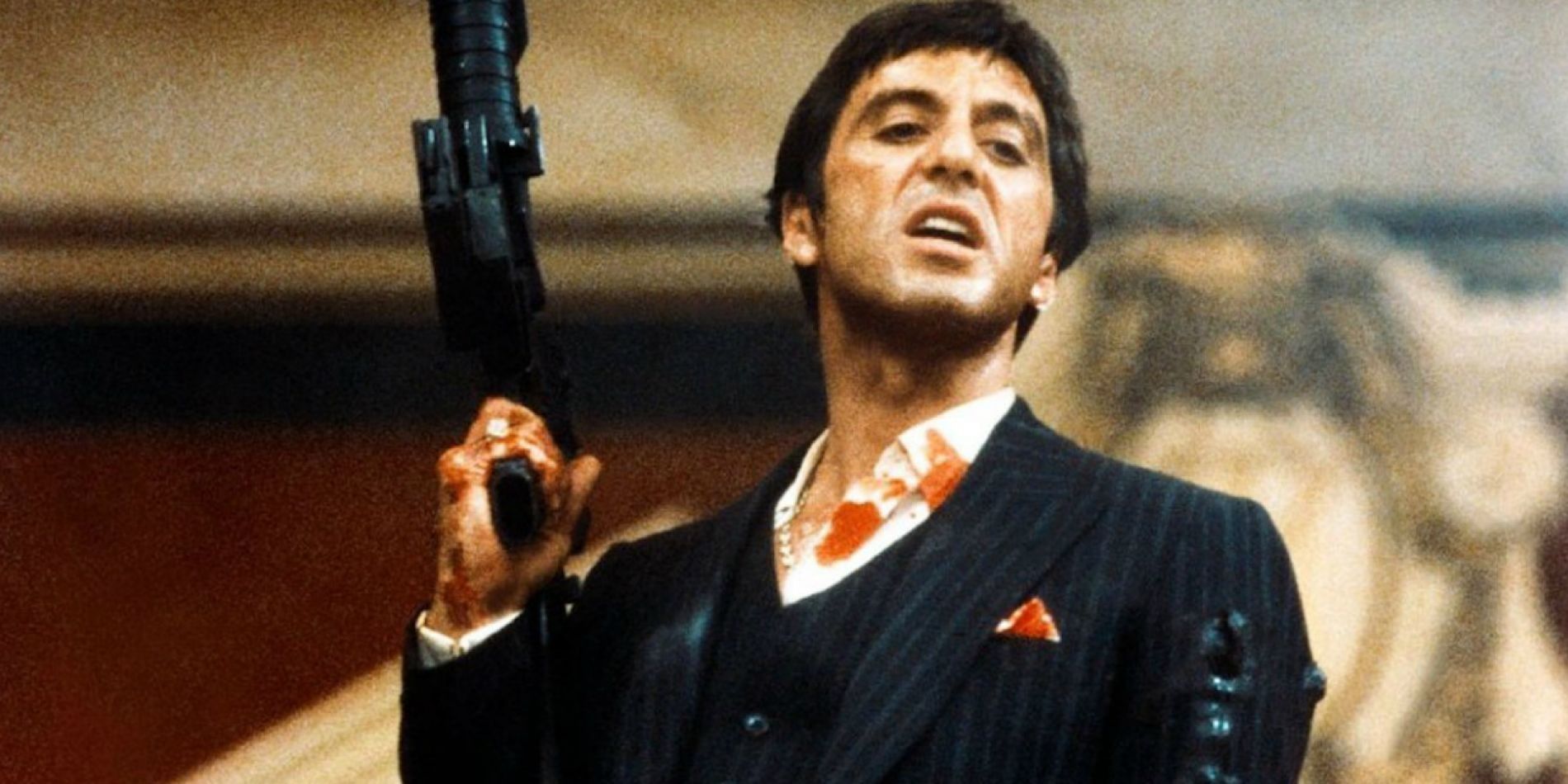
One of the most infamous examples of a reprobate protagonist in American cinema is Scarface, who builds an impressive, albeit sinful, drug empire with a vicious iron fist. Al Pacino is the title baddie, whose drive for success and bloodlust is as captivating to behold as it is revolting. The film has been endlessly parodied and reformulated throughout the decades and serves as a benchmark in cinematic portrayals of the "American Dream" being corrupted and redefined for a new generation.

A modern day example of the American Dream being tainted with drugs and violence is the cult classic Spring Breakers. It's a neon-infused, euphoric experience in the debased Florida college party scene of no rules, no tops and no trigger safety. Spring Breakers follows four young girls who meet an eccentric dealer who shows them a sun-kissed world of stylized and destructive drug-related crime. It's a descent with no morals in sight and not for the weak-hearted, but it's a true sensorial masterpiece.
Simply because a film tells the story of a bad person doing repugnant things doesn't mean the film can't be good at telling that kind of story. What's more, some of the most interesting characters are villains, and their story of trying to achieve a certain reprehensible goal can be just as enthralling.
0 Comments